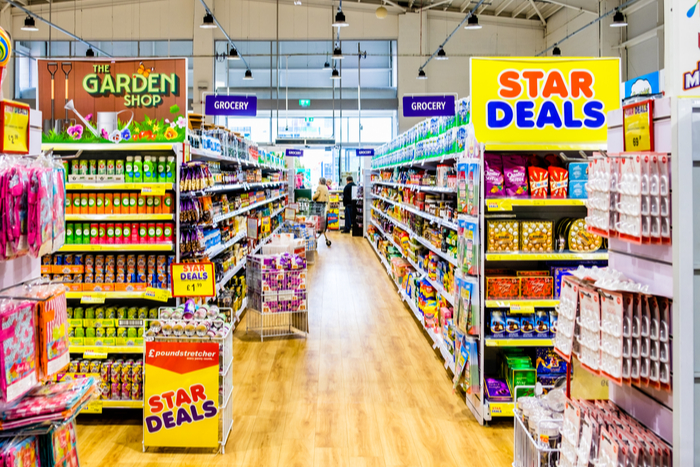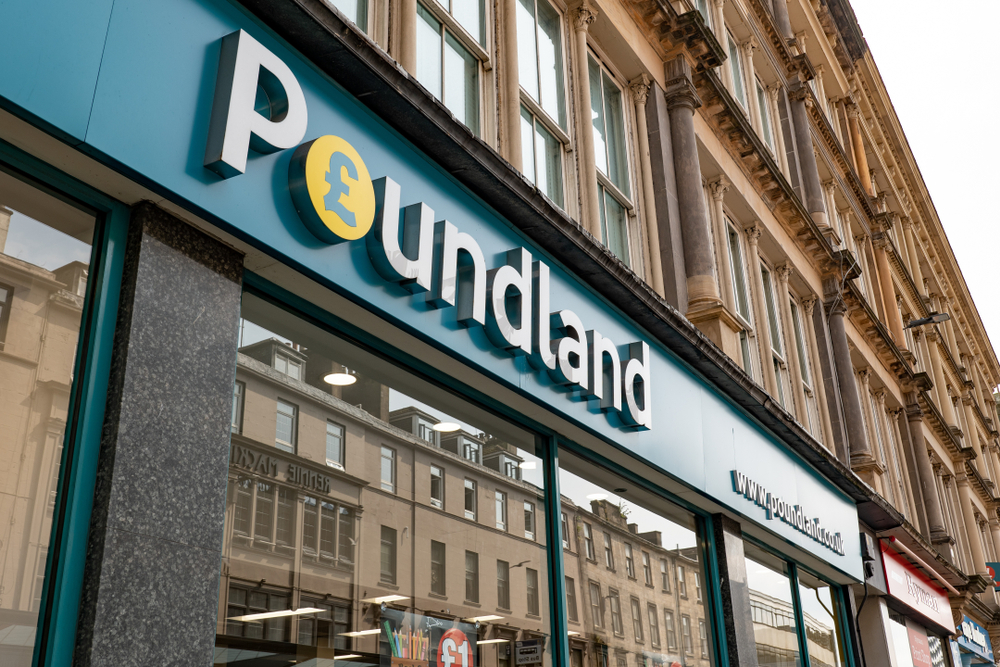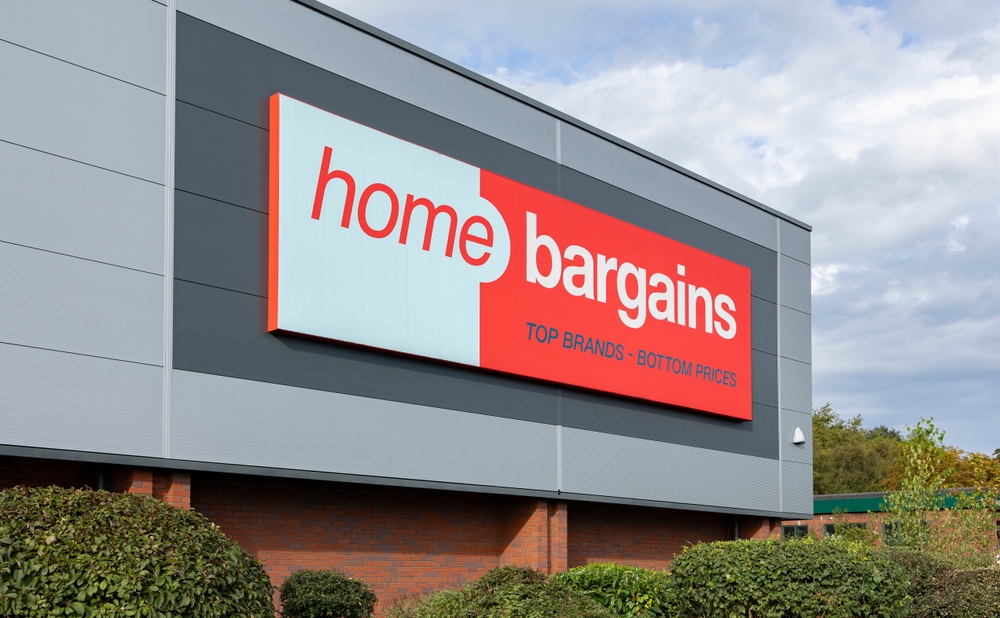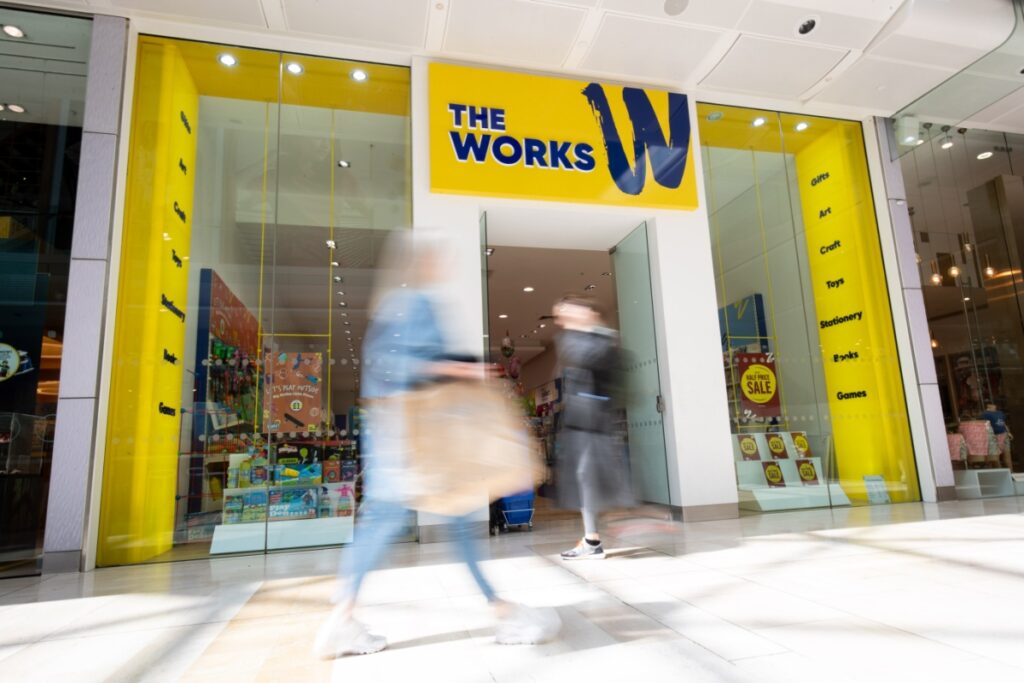The UK’s discount market is set to grow by 36.1 per cent by next year, reaching £32.5 billion, according to GlobalData.
The arrival of German discounters Aldi and Lidl in the UK has caused nothing short of chaos for Britain’s largest supermarkets.
The Big 4 grocers – Tesco, Asda, Sainsbury’s and Morrisons – have been facing a game-changing threat as Aldi and Lidl cut into their market share with no-frills shopping that is marking a generational shift in retail patterns.
In recent years, other discount retailers outside the grocery sector, such as B&M and Poundland, have also presented a threat to established UK chains by expanding their presence. So much so that last year, GlobalData predicted that discounters’ market share would grow 25 per cent by 2024.
Once-loyal customers have deserted the big supermarkets after loyalty schemes, multi-buy promotions and money-off vouchers fell prey to the lure of the permanently low prices offered by discounters.
Discount retail growth has been driven by an increasingly price-sensitive shopper, aggressive space growth from the discounters, improved shopping experience, and growth in product range.
Evidently, the UK’s retail sector presents an attractive market for discounters, as already it boasts discount chains such as Aldi, Lidl, B&M, Savers, and Poundland. However, the sector is in line for a major shake-up, after Russian discount chain Mere recently announced plans to open over 300 stores in the UK within the next eight to 10 years.
“The expansion of discount retailers has been accelerated by the Covid-19 pandemic”
Mere plans to undercut Lidl and Aldi by 20 per cent to 30 per cent. It also wants to scale its UK presence once processes have been established. The first four UK stores for Mere will open this year in Preston, Castleford, Caldicot and Mold.
Meanwhile, Poundland attempted to capitalise on its growth during lockdown by opening two convenience stores – Poundland Local – earlier this year for the first time. A Poundland spokesperson told Retail Gazette that the discount retailer saw “potential for a smaller format to support our growth and transformation programme”.
Melissa Minkow, retail industry lead at IT company CI&T, argued that the expansion of discount retailers has been accelerated by the Covid-19 pandemic.
“The combination of consumers feeling extra price-sensitive plus the emptying of so many large store lots paved the way for discount retailers to thrive,” she said.
“Often times, the more informed consumers become, the more they come to realise and discover that lower-priced brands offer affordable, quality alternatives to items they had been buying at a premium.
“There is less of a stigma surrounding discount brands and shopping.
“Additionally, the pandemic caused a shift in prioritisation among households away from apparel, accessories, experiential purchases, and towards household goods and non-perishable grocery products – the categories where discount chains possess strengths.”
The Resilient Retail Club founder Catherine Erdly said discount retailers were becoming more popular as people became more aware that they can get a great variety of products.
“Discount retailers have really made the move away from poor design, poor quality and into showing themselves as real competitors in the retail market but at really great prices,” she said.

Retail expert Andy Barr agreed. He said the pandemic has opened up discount retailers to an entirely new, and previously untapped, demographic.
“As belts were tightened, the stigma associated with visiting these kinds of stores fell away completely and we ourselves saw a massive spike in bargain hunters hitting our site and tracking a product to get the best deal possible,” he told Retail Gazette.
“Variety discount stores have – until now – been the poor relative of the food discounters, but the mainstream appeal of the likes of B&M has risen the credibility of the entire Variety sector.”
As Mere works on plans to open more UK stores, it inevitably presents a threat to fellow discounters that have long established their growth in the UK. Barr argued that UK consumers would not care about the origins of Mere, but instead will care about getting discounts on big brand products.
“Mere will be a welcome addition to the dying UK high street and there is clearly room for another discount brand given the wider financial effects of the pandemic,” he said.
Retail expert Nelson Blackley expects Mere to face some challenges from incumbent UK discounters – not least Aldi and Lidl.
“Mere appear to be looking for sites similar to those occupied by Aldi and Lidl – outside London and the South East and close to major routes,” he said.
“That suggest retail parks may be the battleground.
“Mere claim their super low cost model – apparently with prices 20-30 per cent below supermarkets is based on ‘no service and no marketing’.
“However, I am unsure how establishing new stores across the UK and awareness can be achieved without marketing.
“Both Aldi and Lidl have invested large sums in marketing and branding since they arrived in the UK, including leaflets TV advertising and sponsorship.
“It will be important for Mere to understand this sentiment in the UK market and so look to establish a unique selling point beyond merely low prices.
“Their other challenge will be how Mere support local UK producers, given that European-made goods account for up to 90 per cent of Mere’s range, and so they clearly have a strong investment in continental-based businesses.
“However, in a post Brexit landscape, all the bureaucracy and extra costs associated with imports from Europe will be a real challenge for Mere in keeping prices low.”
Minkow said Mere should tap into the UK’s fondness for a bargain if the chain wasn’t planning to already.
“The fact that they’ll be coming in under their competitions’ prices by 20-30 per cent is extremely appealing to the UK shopper’s bargain-loving tendencies,” she said.
“This is an especially smart moment to do so when the economy and more disciplined spending have been so important in consumers’ minds.
“Any grocer should feel at least a bit threatened by the launch of Mere, as they will undoubtedly capture some of shoppers’ food spend.
“When discount retailers pop up on the scene, consumers’ excitement around potential savings and curiosity regarding the brand are crucial to driving trials.”
Click here to sign up to Retail Gazette’s free daily email newsletter


















